Voice demands Constitutional Convention
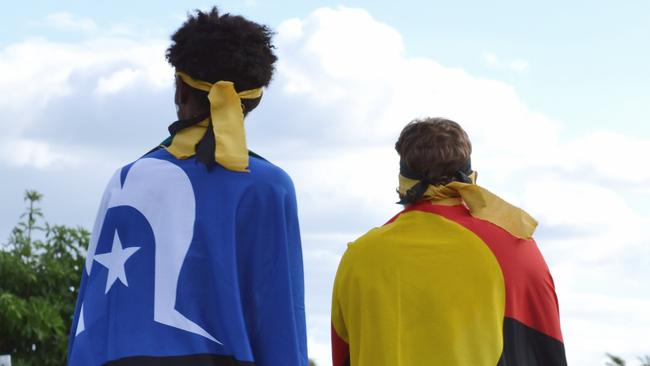
There was some pretty serious biffo, to be sure. But it is impossible to read the debates and not be struck by the genuine concern the participants had for the society they were creating, even when they couldn’t agree.
They debated up hill and down dale the possible consequences of the words they were proposing. The founders understood profoundly the importance of the process of the debate. Educated and civilised, they knew the result would be better when varying and opposing opinions were thrashed out, and thrashed out publicly. The end product was something that has served our little big country incredibly well. Paul Keating once remarked (disparagingly, it must be said) that ours was a horse-and-buggy utilitarian Constitution. But many would say this is one of the reasons our technocratic and understated Constitution has contributed to our law-abiding yet easygoing culture.
Fast-forward to 1999, our most recent referendum. The question of whether Australia should become a republic was conducted in a way that was not a huge departure from the 1890s. Delegates from all corners of the debate were sent to Canberra under the ritual of a Constitutional Convention. The whole thing was tossed around, smashed up, beaten to a pulp – yes, it was debated. It was messy, but brilliant. A minimalist model – judged to be the best and therefore the most likely to succeed – was nutted out. Public money was allocated to the yes and no cases. The government duly put that model to the people.
The republican campaign was on the receiving end of the more damaging rhetorical barbs during the referendum campaign. Those barbs resonated and so it was not carried. But all is fair in love and war and there have never been any serious complaints about the process. The nation wasn’t ready to cleave itself from the British monarchy, so we moved on, pretty much immediately.
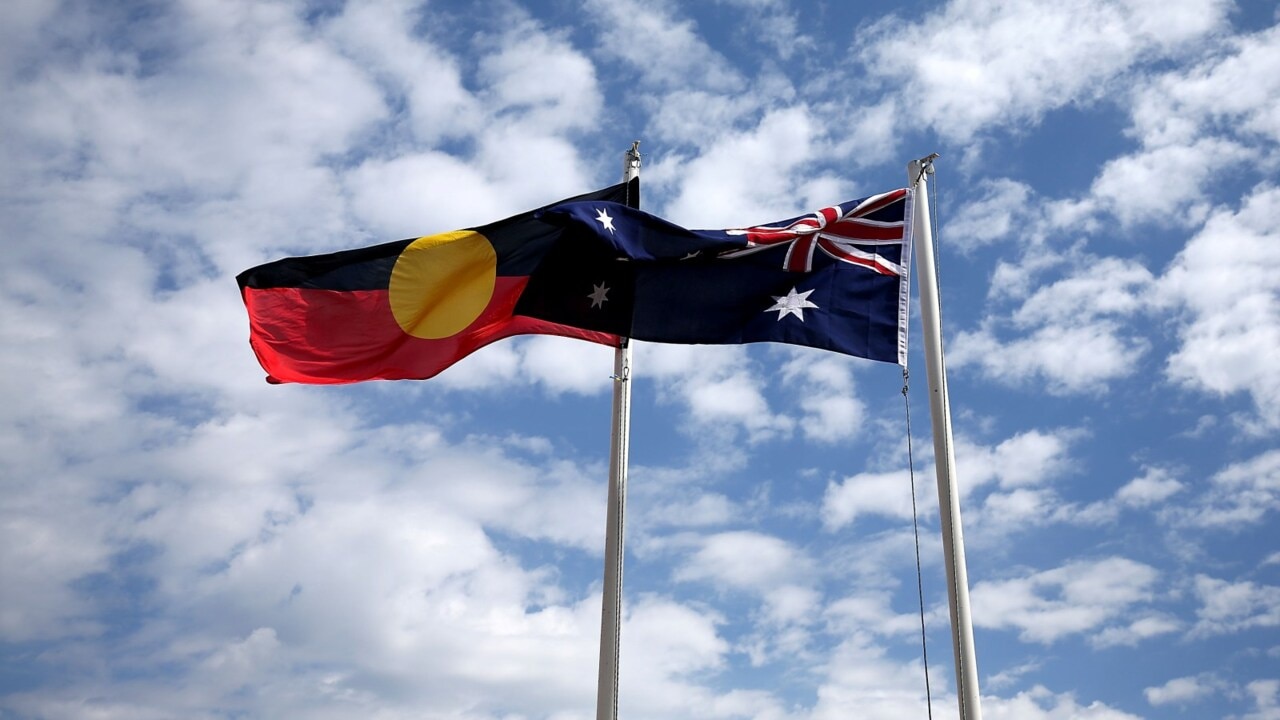
Yet in 2023, with a referendum of epic importance proposed later this year, we are in the dark. Six months on from announcing a model to go forward with what has been pitched by the Prime Minister as a benign and innocuous proposal to recognise Indigenous people in the Constitution, all we have heard about the suggested words to be in the Constitution is crickets. Instead of initiating a Constitutional Convention, or some other public forum to thrash out the optimal model, we still have the most radical of any model that has ever been countenanced sitting on the table.
It is utterly bizarre to think we have Yes and No cases lining up to launch advertising campaigns, prior to any kind of conference or forum about the words that could or should be inserted in the Constitution.
This is no accident. In recent years a number of models to entrench an Indigenous voice in the Constitution have been bandied around, publicly and privately. Some, such as the minimalist model of a constitutionally entrenched representative body limited to advising the parliament on only special laws for Indigenous people, have been rejected out of hand by the tiny club of proponents that has the government in its thrall. Other potential models lie between that option and the PM’s model. However, there is no doubt that of all the models circulated the PM’s is by far the most expansive. That is mostly because it contemplates the voice providing advice to the parliament and the government, not just on special laws but on laws of general application, and doing so in perpetuity. Yet at every turn the exclusive gang behind this audacious, bells-and-whistles model avoids any debate whatsoever about how it might be improved.
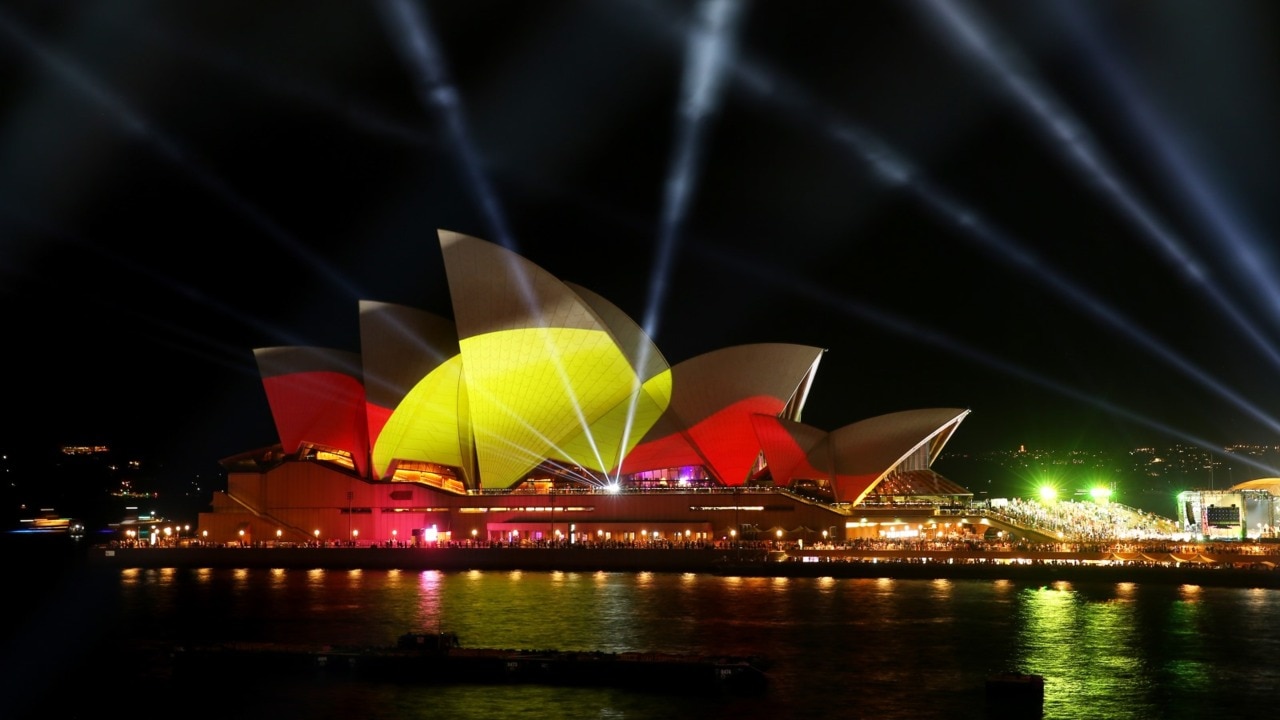
The devotees of the model might now ask themselves why they are starting to find opponents in unexpected places. They may be starting to wonder why respected public intellectuals and national broadsheets are expressing scepticism about its potential impact on the way parliament and government are conducted. They might wonder why the usually malleable and obliging business community is quietly getting very wobbly. They might also ask why respected senior public servants and lawyers are starting to muster the courage to say in essence: “We have not even begun to consider, let alone talk about the consequences of what is proposed.” And they might consider whether calls from all quarters for more details might not amount to disruptive tactics, as they claim, but instead be the natural response to the madness of the model.
In terms of potential impact on our polity, there is nothing modest about this proposal. It eclipses any constitutional amendment ever put to the Australian people. The Constitutional Expert Group has confirmed the PM’s model will require an unprecedented entirely new chapter in the Constitution. Given the importance assigned to structure in Australian constitutional interpretation, this is significant. If carried, it will undoubtedly be characterised by scholars as a fourth, advisory, identity-based branch of government. It is therefore fair to say without any histrionics that the model entrenches the politics of identity in a liberal democratic constitution. In all our history, and in all of the history of comparable liberal democracies, nothing even approaching the idea of a permanent, constitutionally entrenched advisory arm of government with jurisdiction over everything has ever been contemplated, let alone seriously proposed.
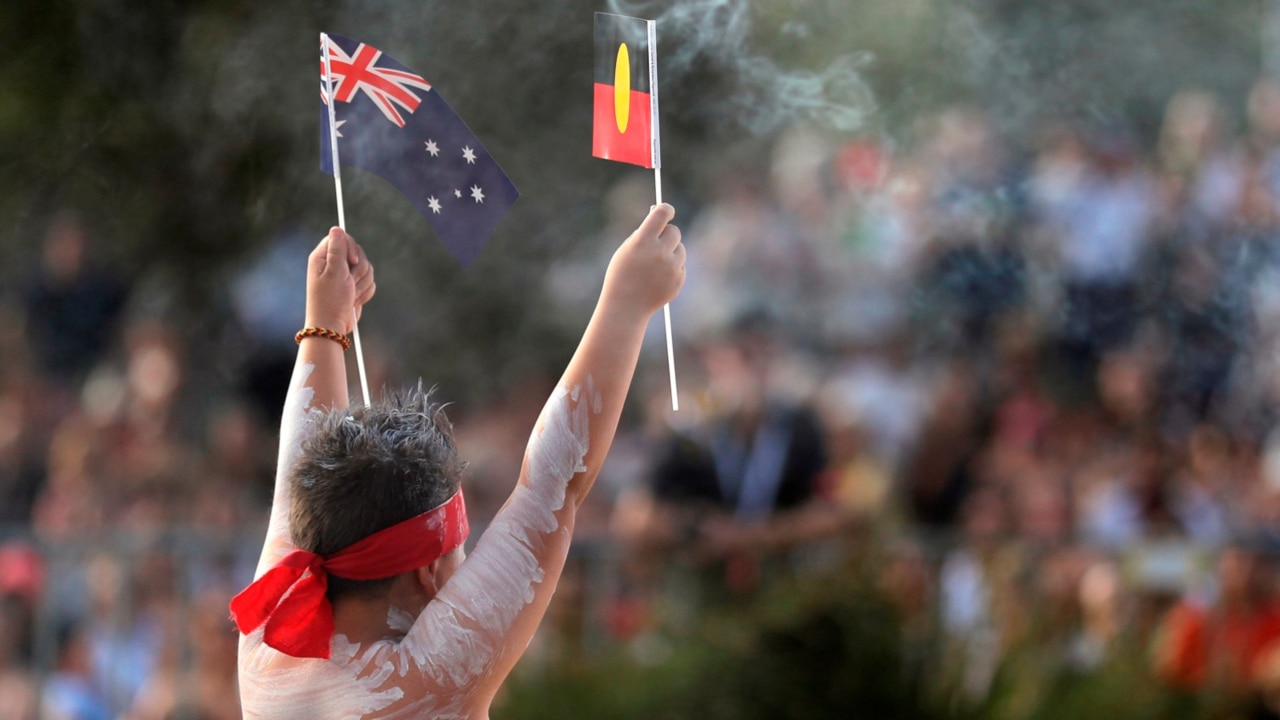
It is time to stop, recalibrate and move forward in the spirit of achieving Indigenous recognition in the Constitution. We need a model the vast majority of the nation can get behind and which does not amount to a fourth arm of government. It is possible to construct something much smaller, much more appropriate to our Constitution and our culture – but something meaningful that would still be a huge achievement for Indigenous people that we can all be proud of.
It’s time to abort the clubby “control the narrative, cancel the critics, crash or crash through” approach to constitutional reform.
It’s time to embrace the spirit of the founders. It’s time for a Constitutional Convention.
Louise Clegg is a Sydney barrister.

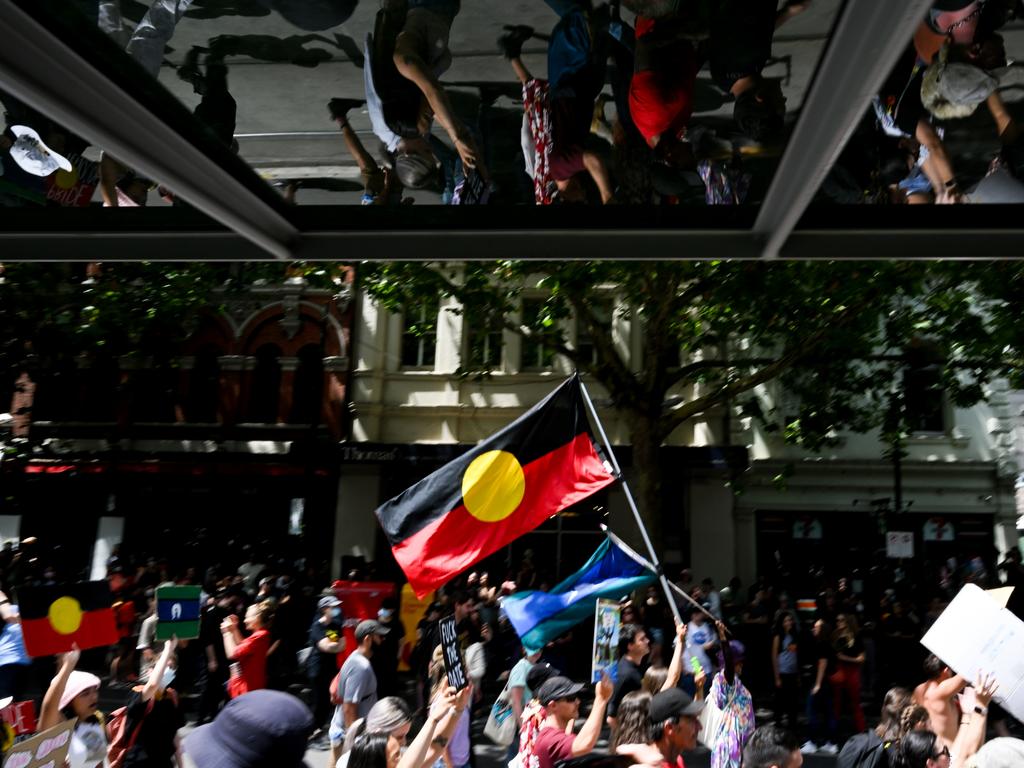
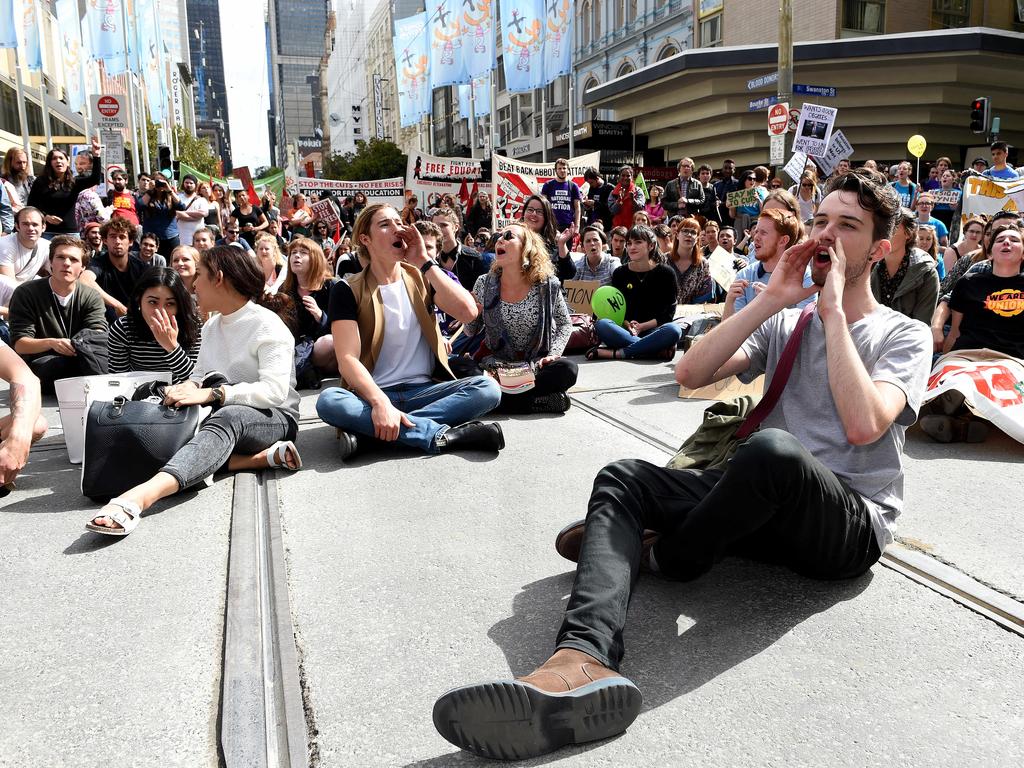
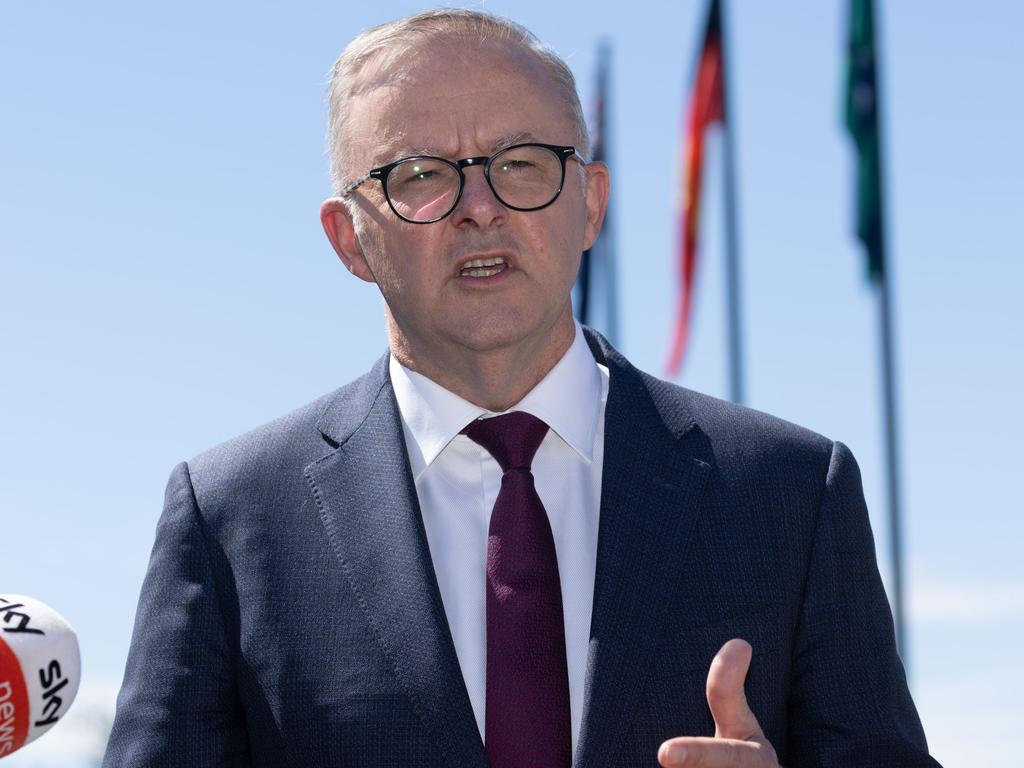
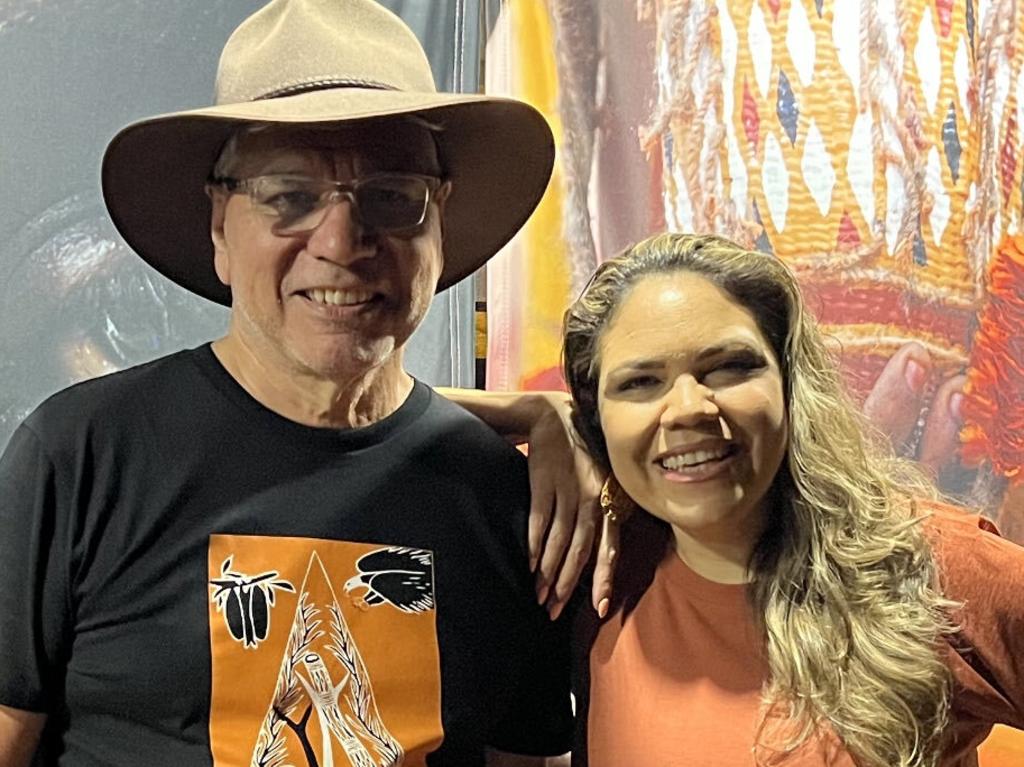

If you love history and politics, and haven’t read the transcripts of the 1890s Constitutional Convention debates, do yourself a favour. Be blown away by the openness, directness and integrity with which our founding fathers spent a decade debating the pros and cons of every chapter, section and word of our Constitution.